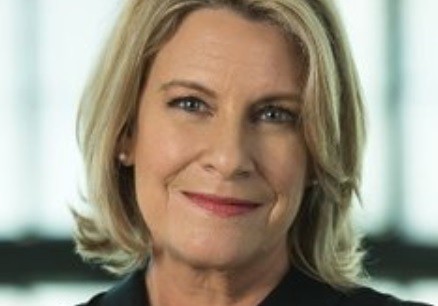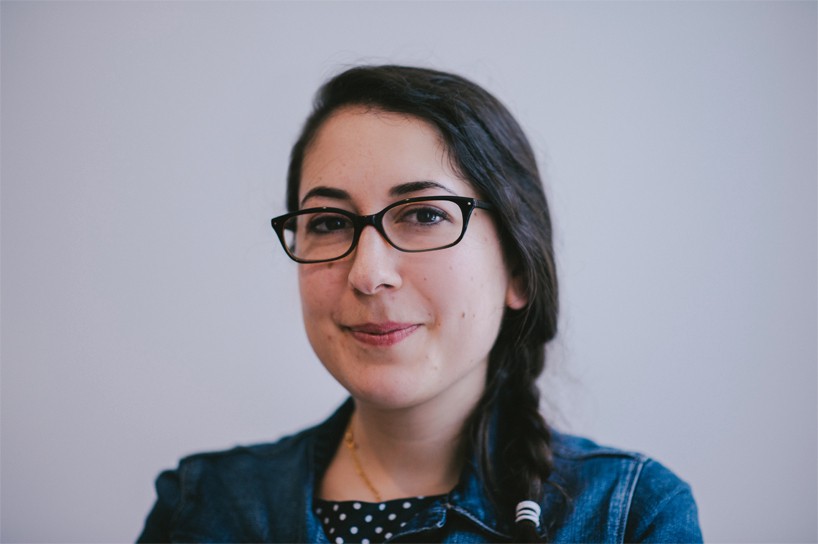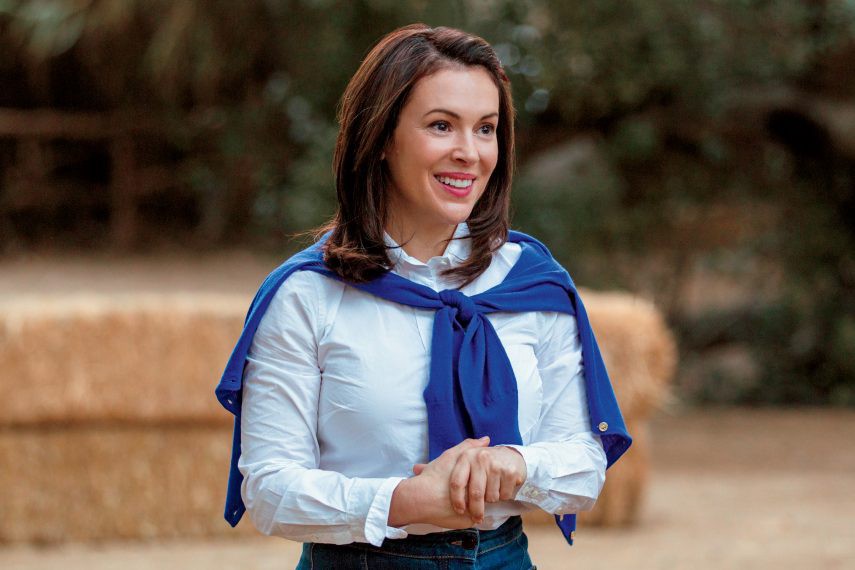For eight years as a founding producer of PBS’s award-winning international documentary series WIDE ANGLE, I made it my mission to expand coverage of under-reported global women’s issues. I’m proud of the ground-breaking films we made, tackling stories almost no one else was talking about from maternal mortality in Africa to the worldwide crisis in access to education, especially for girls in developing countries. But I began to feel that overall we were paying too much attention to a “narrow angle” of war. There was plenty of press reflecting a masculine narrative: warlords, generals and border conflict. There was bountiful footage of men with guns, bombed homes and soldiers on tanks and trucks. But something was not being captured on film: the women.
In 2004, filmmaker Gini Reticker and I had collaborated on Ladies First for WIDE ANGLE, about women of Rwanda taking the lead in rebuilding their country after the genocide. It was the first time Gini and I worked together, and we won an Emmy and the journalists’ association (Sigma Delta Chi) award for the best documentary. Fast-forward three years. Gini was in the midst of directing Pray the Devil Back to Hell, an astounding story of women securing peace in Liberia after 14 years of brutal civil war. I reached out to her to share my frustration and discovered she was having the same conversation with Pray’s Producer and well-known feminist, Abigail Disney. The three of us met over lunch, and Women War & Peace was born.
Working with an incredibly talented team of producers, cinematographers, editors, APs, and researchers, and with Pray as the lynchpin, we pursued stories of women in Bosnia changing international law; of women in Afghanistan, under fear of death, demanding participation in the peace process; and of women in Colombia refusing to allow armed militias to force their communities off of the gold-rich lands their ancestors have lived on for generations to create the first multi-part series that looks at war as though women mattered.
Last Friday we witnessed another remarkable moment for women when Liberian leader Leymah Gbowee (one of the heroines of Pray), Liberian President Ellen Johnson Sirleaf and Yemeni pro-democracy leader Tawakkul Karman won the Nobel Prize for Peace. This acknowledgement of women’s strategic role in securing peace and building democracy is profoundly hopeful. I am honored to know courageous women who take unfathomable risks to fight for peace and justice.
It’s only a decade ago that another significant win for women was secured. In 2000, 16 women from the Bosnian town of Foca, who had been imprisoned and systematically raped during the war, broke history’s great silence by stepping forward to take the witness stand in an international court of law. Their courage resulted in a triumphant verdict that led to new international laws about sexual violence in war. For the first time, rape would be seen as a war crime rather than an inevitable byproduct — a seismic shift, given that rape was not prosecuted during the Nuremberg trials of WWII.
This week, Women War & Peace premieres on PBS with “I Came to Testify,” the moving story of the women of Foca. As the writer and director of this film, I absorbed viscerally during the shoot how raw the wounds still are in Bosnia 17 years after the war. Despite the landmark verdict at the Hague Tribunal, local courts — which handle the vast majority of wartime cases — are backlogged and most perpetrators walk free. Ethnic tension remains high, but so does courage. And so does hope. And the women of Bosnia are not giving up their quest for justice.
In Foca, Bosnian Muslim women and girls had been targeted in the military takeover of the town. Many were held by individual Serb soldiers and forced to endure rape and enslavement. Some were held at gunpoint for months with other women in a sports hall. One witness remembers: “We were treated like animals. But that was the goal: to kill a woman’s dignity.”
Two incredible women from Foca agreed to share their stories with us. Their words are the heart of “I Came to Testify.” “Witness 99” testified at the Hague, and is proud she was able to look her attacker in the eye and help secure his conviction. “Z.R.” is still waiting for justice: she gave sworn testimony at the courthouse in Bosnia eight years ago but her attacker has still not been indicted. For both women, making the decision to retell their stories — to painfully relive and revisit the past — is a choice not easily made. We have done our utmost to honor their trust by placing their stories at the center of a film we hope will help advance the urgent call to end impunity for crimes against women in war, and help shift our culture towards one where women matter in war and peace.
PAMELA HOGAN is Co-Creator of Women, War & Peace, producer/writer of the film on Bosnia which kicks off the series, I Came to Testify, and co-writer of the series’ fourth film, The War We Are Living, on Colombia. Women, War & Peace airs on PBS starting Tuesday, October 11 at 10pm (Check Local Listings)
https://medium.com/media/1dd47664932b1f5a9aacb00969e45e3e/href
Watch the full episode. See more Women War and Peace.







